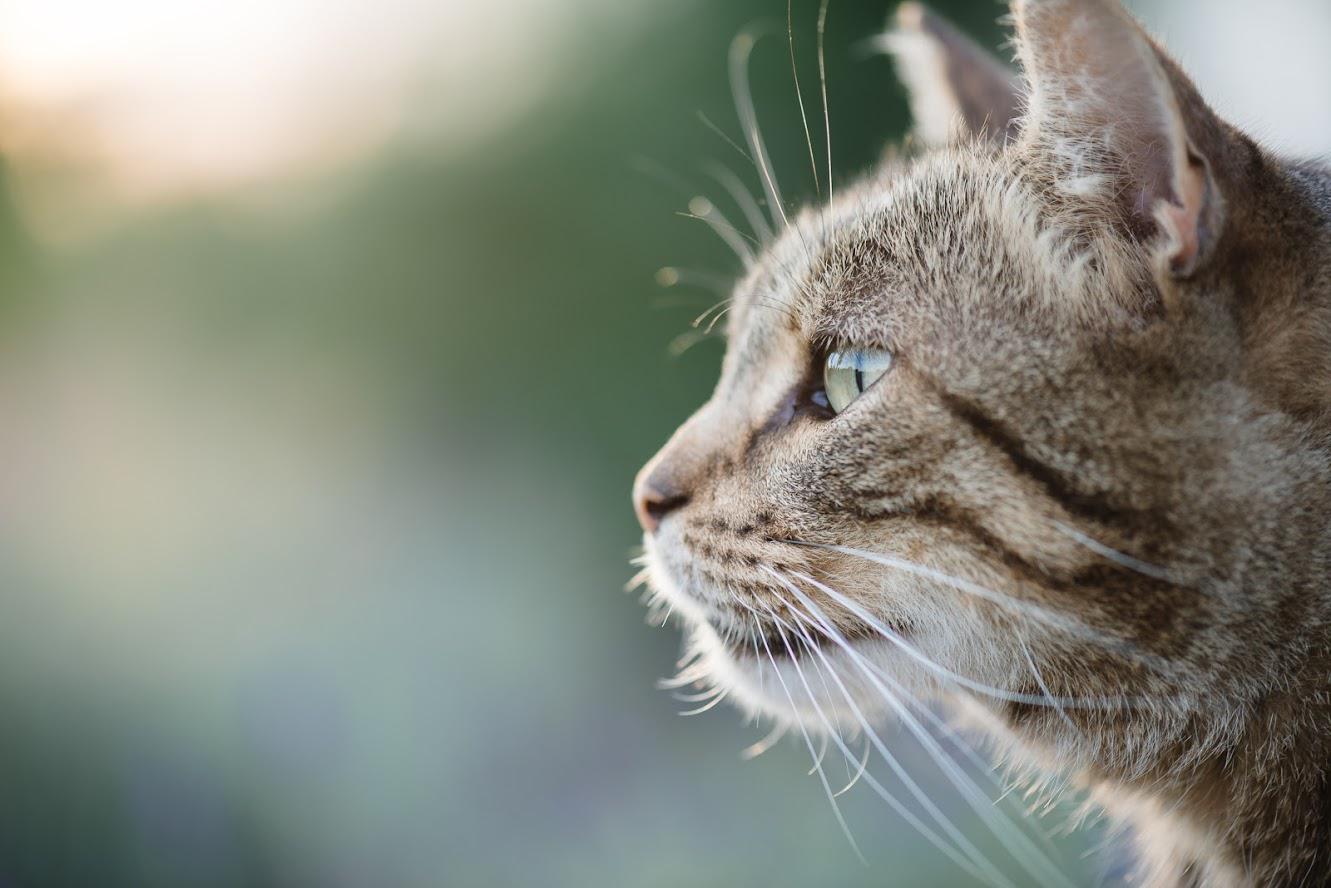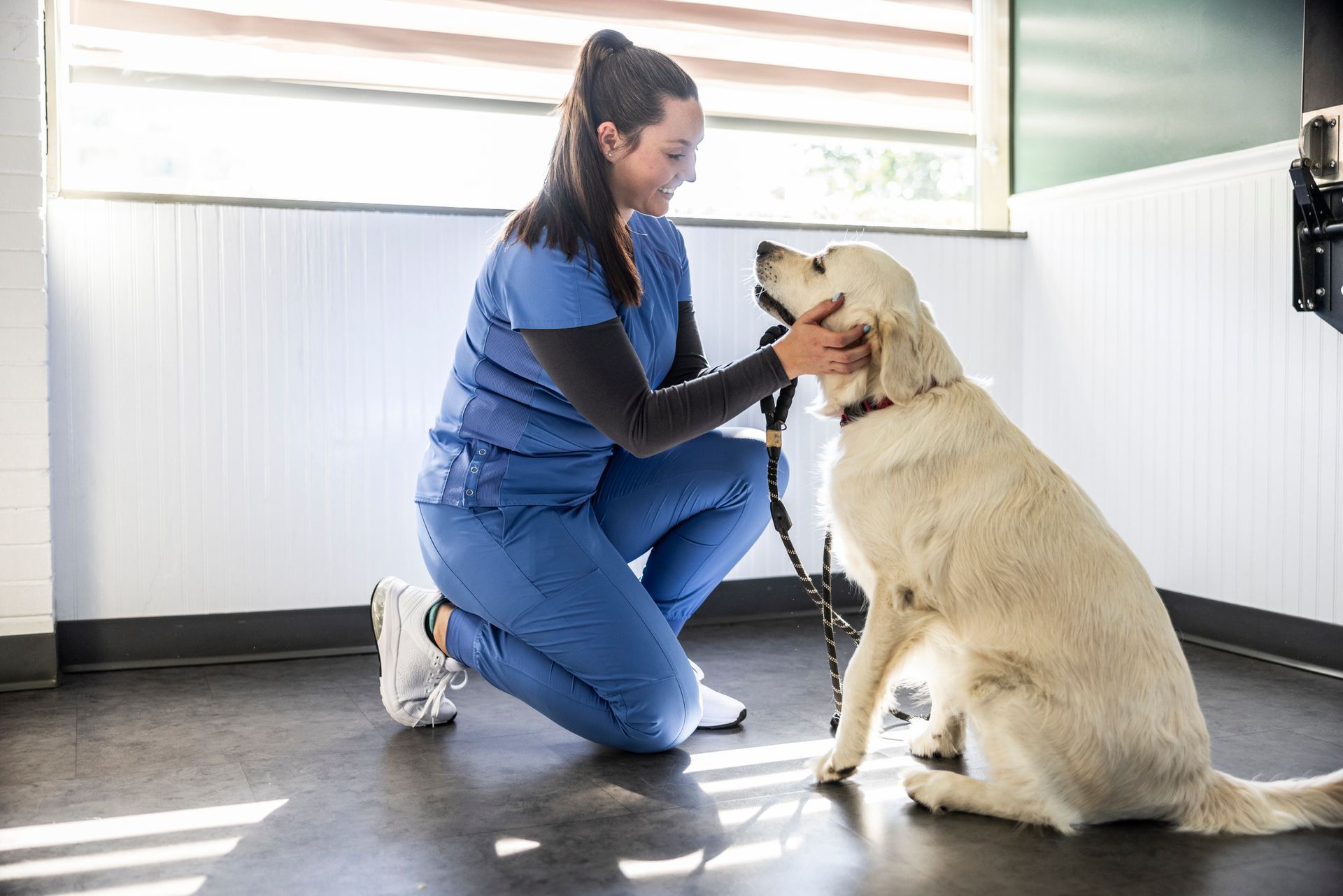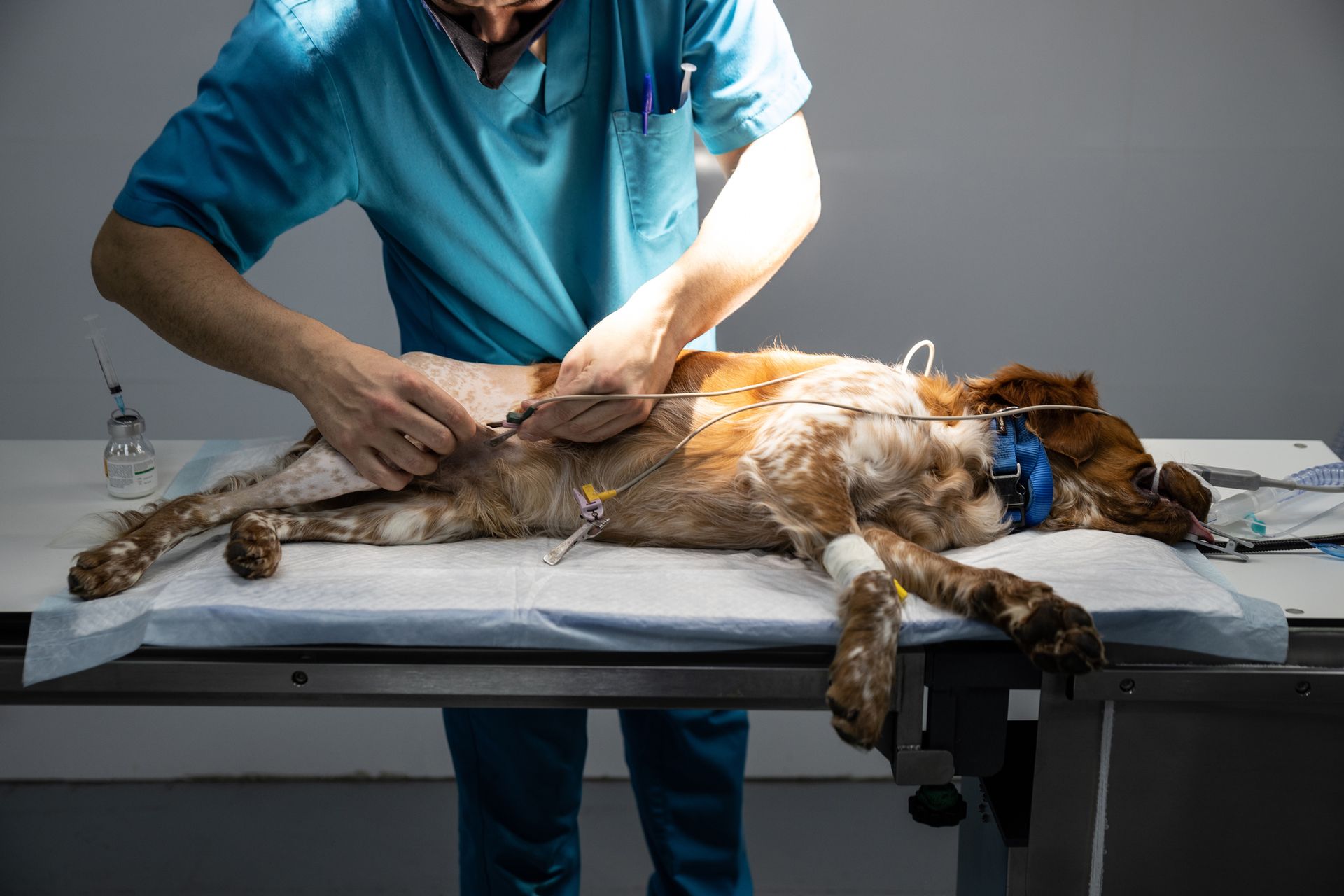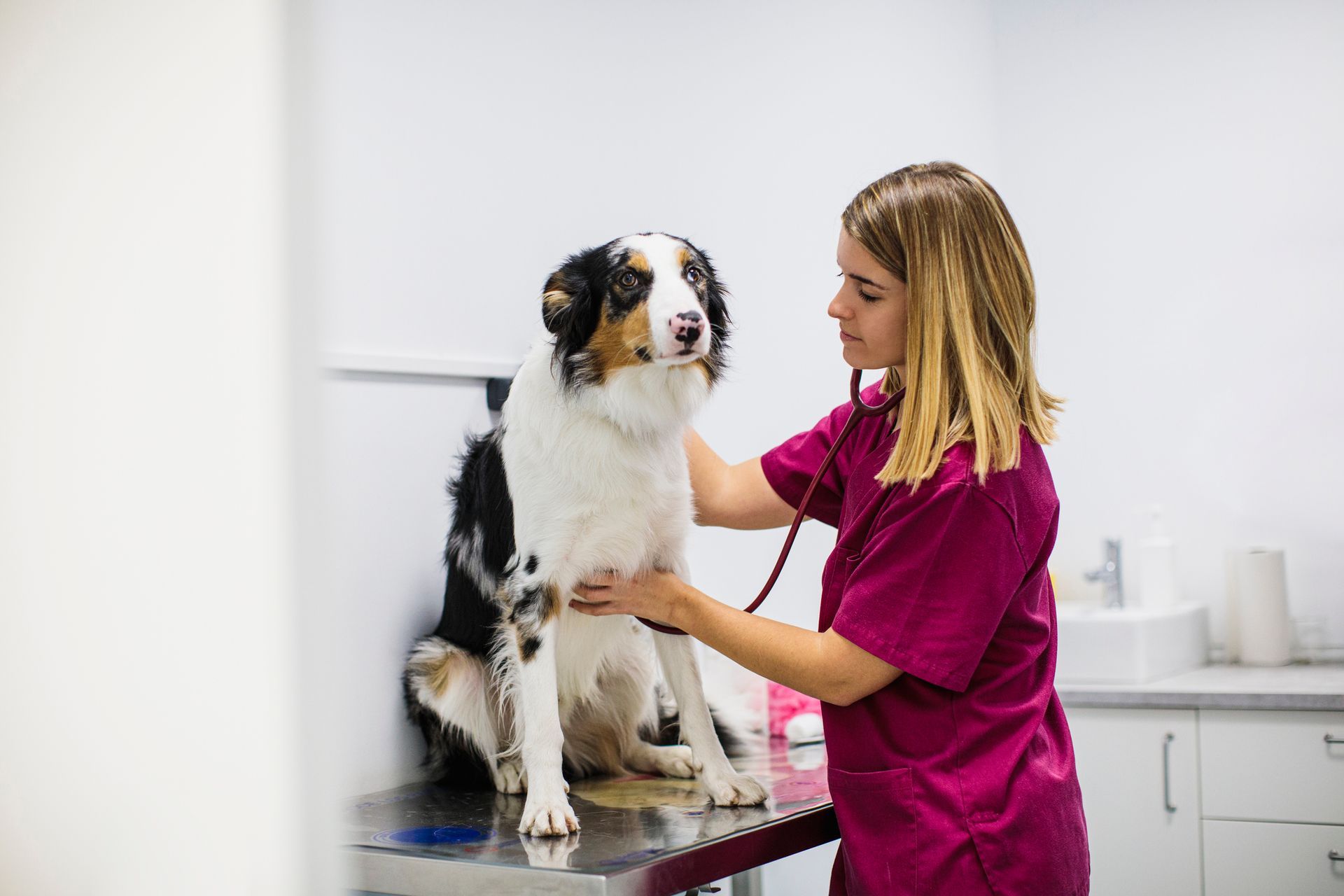Cat Owners' Guide to Feline Immunodeficiency Virus
Feline immunodeficiency virus (FIV) is a serious cat disease, separate but related to feline leukemia virus (FelV), both of which can affect any cat. Here's important information about FIV to help cat owners learn more about the disease.
Transmission
A cat-specific retrovirus is responsible for making cats sick with FIV. The virus is in the same family as human AIDS, but FIV can only make cats sick. Human children, human adults, and pet dogs can't catch FIV from the cat.
Experts say that outdoor cats are most at risk of acquiring FIV, especially if the cats are aggressive males who roam. That's because FIV is commonly transmitted from cat to cat via deep bite wounds — cat saliva from affected cats has high concentrations of FIV. Indoor cats are at the lowest risk of FIV transmission.
FIV does not spread by any of the following:
- Food bowls
- Toys
- Food
- Bedding
- Human clothes, shoes, or skin
Casual contact between felines does not appear to spread FIV from cat to cat. Mother cats can sometimes transfer FIV antibodies to their kittens, but the antibodies will not be present in any uninfected kittens once they reach six months of age.
Diagnosis
All cats should be tested for FIV during wellness exams or when they show signs of the disease. It's important for cat owners and veterinarians to know which cats are affected by the disease since affected cats can transmit FIV to other cats.
Testing consists of a blood test for the antibodies produced in a cat's body after exposure to FIV. The antibodies may show up within weeks of exposure to FIV.
Ask your cat's veterinarian to test your cat when:
- Your cat is sick.
- Your cat is getting an FIV or FeLV vaccine.
- Your cat has been exposed to another cat with FIV.
- You have another cat or cats with positive FIV diagnosis.
If your cat has received an FIV vaccine, the antibodies produced after vaccination can mimic antibodies produced by the cat from the actual immunodeficiency virus. Your veterinarian will use additional methods to interpret your cat's blood test and confirm their FIV status.
Symptoms
Cats with FIV can remain asymptomatic (not showing signs of disease) for many years after being infected with FIV. Signs of FIV sickness can be signs for other diseases, too, so it's important to have your cat tested when they show any of the symptoms of FIV.
Symptoms of FIV include the following:
- Dirty, unkempt fur
- Patches of missing fur
- Loss of appetite
- Weight loss
- Diarrhea
- Eye inflammation
- Eye and nose discharge
Since cats with FIV have lowered immune systems, they're more likely to get sick from parasites, fungal infections, and other diseases. You may also see behavioral changes in your cat if they've acquired FIV.
Treatments
Cats who are diagnosed with FIV live a median of five years after their disease statuses have been confirmed. There's not an actual cure for FIV, but your veterinarian will work with you to help ease your cat's symptoms and develop a care plan.
A healthy diet full of vitamins, antioxidants, and omega-3 (or omega-6) fatty acids will help your cat. Don't feed a raw diet to an FIV-positive cat, as uncooked food contains parasites and bacteria that can make immunocompromised animals very sick. Prompt treatment of any infection or wound is also important in maintaining your FIV-positive cat's health.
Your veterinarian may administer or prescribe the following medications for cats with FIV to ease symptoms:
- Anti-inflammatory drugs
- Immune system–enhancing drugs
- Replacement fluids and electrolytes
- Parasite control
If your cat is diagnosed with FIV, ask your veterinarian about other prescriptions or treatments for specific issues your cat is facing. For example, your veterinarian can give you recommendations for products to ease skin problems and gently clean your cat's disheveled fur.
Home Care
When you have a cat or cats with positive FIV blood tests, keep the cat or cats indoors at all times whenever possible. Indoor cats are less likely to come in contact with other infectious agents. Indoor cats with FIV won't be able to fight with outdoor cats and possibly spread the disease through bites.
Keep a close watch on any cat diagnosed with FIV. Look for any changes in behavior, appetite, and appearance, and report any concerns to your cat's veterinarian.
After you work with your veterinarian to establish a care plan for your FIV-positive cat, you should schedule at least two yearly exams with the veterinarian. During the exams, your cat's veterinarian will perform blood and urine tests to monitor your cat's health status. The information helps your cat's veterinarian tailor a treatment plan that enhances your cat's life.
When your cat is really sick, get expert emergency veterinary help by contacting South Seattle Veterinary Hospital right away. We offer round-the-clock emergency and general veterinary care for cats and dogs throughout the Seattle region.











